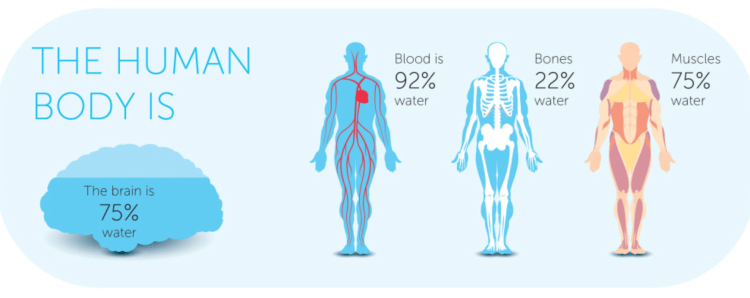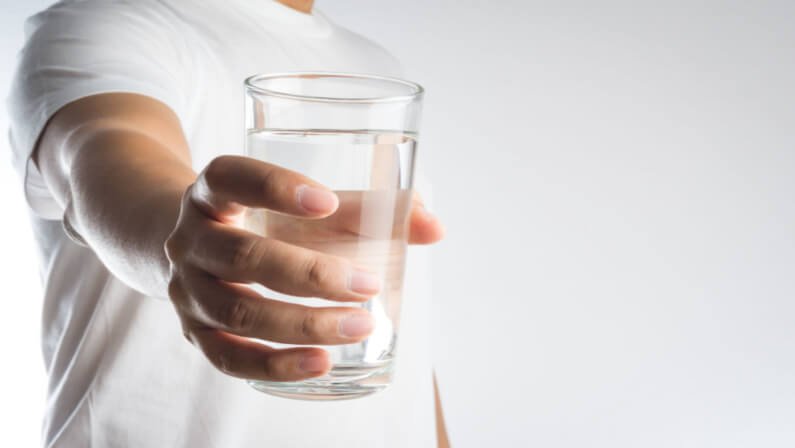Water is vital for life. It makes up more than 60% of the human body and plays a crucial role in nearly every biological function. From maintaining body temperature to supporting the function of major organs, hydration is essential for optimal health. Yet, dehydration remains one of the most overlooked health issues, especially in children, elderly individuals, and people with active lifestyles.
In this blog, we explore why staying hydrated is important and how it affects the function of various organs and systems in the body.
Why Is Hydration So Important?
Water supports virtually every function in the body. It aids in:
- Transporting nutrients and oxygen to cells
- Regulating body temperature
- Lubricating joints and muscles
- Flushing out waste and toxins
- Supporting cellular and metabolic processes
Without adequate water intake, these essential functions begin to slow down, and organ systems can become stressed or even impaired over time.
How Dehydration Affects Organ Function
1. Kidneys
The kidneys play a vital role in filtering blood and removing waste through urine. Without enough water:
- Urine becomes concentrated, increasing the risk of kidney stones and urinary tract infections (UTIs).
- Toxin build-up can lead to kidney damage over time.
- Chronic dehydration can contribute to long-term kidney function decline.
2. Brain
The brain is approximately 75% water. Even mild dehydration can affect cognitive functions, including:
- Memory and concentration
- Mood and mental clarity
- Headaches and fatigue
In severe cases, dehydration can cause confusion, dizziness, or even loss of consciousness, especially in the elderly.
3. Heart and Blood Circulation
Water helps maintain blood volume and circulation. When dehydrated:
- Blood becomes thicker, making it harder for the heart to pump.
- Heart rate and blood pressure may rise as the cardiovascular system works harder.
- Long-term dehydration increases the risk of cardiovascular disease.
4. Digestive System
Water is essential for the breakdown of food and nutrient absorption. Inadequate hydration can cause:
- Constipation
- Acid reflux
- Delayed gastric emptying
Drinking water before and after meals supports smoother digestion and bowel function.
5. Skin
The skin is the body’s largest organ and relies on hydration for:
- Elasticity and appearance
- Wound healing
- Temperature regulation
Dehydrated skin can become dry, flaky, and prone to irritation and premature aging.
6. Muscles and Joints
Muscles are made up of about 70% water. Dehydration can lead to:
- Muscle cramps
- Fatigue during physical activity
- Joint pain and stiffness
Hydration keeps joints lubricated and supports muscle recovery.
Signs of Dehydration
Recognizing dehydration early is important. Common signs include:
- Dry mouth and lips
- Dark-colored urine or infrequent urination
- Fatigue or dizziness
- Headaches
- Dry or flaky skin
- Rapid heartbeat or breathing
- Irritability or confusion (especially in children and the elderly)

How Much Water Should You Drink Daily?
The commonly recommended intake is:
- Men: About 3.7 liters (13 cups) per day
- Women: About 2.7 liters (9 cups) per day
However, hydration needs vary based on factors like age, climate, physical activity, pregnancy, and health conditions. People with fever, diarrhea, or vomiting need increased fluid intake.


Tips to Stay Hydrated Throughout the Day
- Start your day with a glass of water
- Carry a water bottle to sip regularly
- Include hydrating foods like cucumbers, watermelon, oranges, and soups
- Set hydration reminders on your phone or apps
- Drink before, during, and after exercise
- Avoid excessive caffeine and alcohol, which can contribute to dehydration
Who Is at Risk of Dehydration?
Certain groups are more vulnerable to dehydration, including:
- Infants and young children
- Elderly individuals
- People with chronic illnesses (e.g., diabetes, kidney disease)
- Athletes and people who work outdoors
- People with gastrointestinal issues
For these individuals, staying hydrated is not just beneficial—it’s critical for health maintenance and disease prevention.
Conclusion
Hydration is the foundation of good health. Every organ, tissue, and cell in your body relies on water to function properly. From improving brain function and digestion to protecting your kidneys and heart, drinking enough water daily is one of the simplest and most effective steps you can take to support overall wellness.

